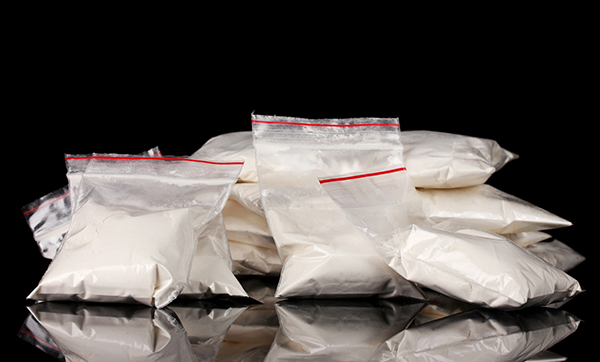What are the Dutch most known for, their cheese or their narcotics? The nation that so far was best known for its tulips, windmills, wooden clogs, cheese, dams and dykes, has also become a go-to destination for drug criminals. According to a report sent to House of Representatives by outgoing minister Ferd Grapperhaus, drug crime costs society 3.2 to 4.1 billion euros annually. Of this, the police alone spends 1.1 to 1.6 billion euros annually to combat drug crimes.
In the past, the leaders of the drug underworld used to settle business conflicts amicably, refraining from violence, as that would only draw attention from the authorities. However, in the recent years, the Mocro mafia is gaining control of the drug trade. It believes any form of ‘disrespect’ from trade partners, subordinates or anyone else must be punished in order to protect one’s reputation. As a result, the number of drug-related murders has shot up in recent years.
Earlier this year Halsema commissioned a report ‘The Back of Amsterdam’ on drug crime in the capital. Written by Pieter Tops, professor of public administration at Tilburg University, and investigative journalist Jan Tromp, the report illustrates how the narcotic industry, worth billions of euros, is undermining the economy and the real estate market. It’s not just a problem of the poor lower class: high school students from middle and upper class prefer selling drugs to other part-time jobs. According to the local health authority GGD, 11 % of young people regularly smoke marijuana, while 8 % uses hard drugs, and the numbers continue to increase.
Coke bosses mainly invest in real estate market, buying properties worth millions without a loan. The underground banking world is huge and every year, 8 billion euros of drug money is laundered. Over 100,000 ‘unusual’ money transactions were flagged last year, one-third of which originated in Amsterdam, amounting to nearly 3 billion. And most seriously, the recent murders of investigative journalist Peter R. de Vries and lawyer Derk Wiersum in 2019 prove the increasing boldness of the criminals and show that violence is no longer limited to fellow criminals. If lawyers and journalists can no longer work safely, the very foundation of society is under threat.
The rampant drug trade is not ‘breaking news’ for the authorities. Former Amsterdam mayor Eberhard van der Laan tried to take a serious approach to the increasing drug crime, but his proposals were squashed by the opposition. Now, Amsterdam’s current mayor Femke Halsema is asking the city council to release 20 million euros a year to fight drug crime in her city, where the problem is more severe than anywhere else in the country. She says: ‘When I arrived in Amsterdam in mid-2018, no money had been included in the coalition agreement for the fight against drug crime. I am grateful to the coalition that I was still able to free up about 5 million euros a year, until the end of 2022.’
The municipality is already running various programs such as ‘Honorable Exit,’ a project in which young criminals get help to leave behind their life of crime and build up a more structured life. In more troubled neighborhoods such as Amsterdam Southeast and West, twenty young men and women with ‘street credit’ are assigned to mix with youngsters hanging out on the street and serve as positive role models. But this is not enough, and so mayor Halsema wants to expand her programs and help ten times as many youngsters. But this requires funds and resources; as Halsema says:
Cyrille Fijnaut, criminology professor at Erasmus University Rotterdam, was involved in several studies as far back as 1996, and warned the authorities again in 2015 about the seriousness of the situation. ‘The resources we deploy do not match the seriousness of the crime,’ says professor Fijnaut. He calls the one-time 100-million-euro fund offered by the national government a pittance compared to the billions of euros going around in the drug industry – a comment not many can disagree with.
The government no longer has the choice to look the other way – it has let the situation get out of hand for far too long. The Netherlands is already being referred to as a narco state in foreign media. It all comes down to what legacy we want to leave behind for our future generations: a prosperous peaceful nation or one that is overrun by drugs and drug mafia?
Written by Priyanka Sharma
